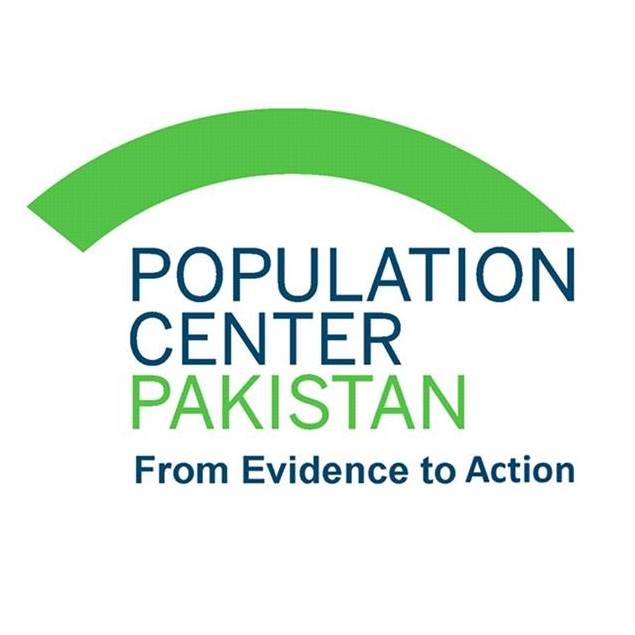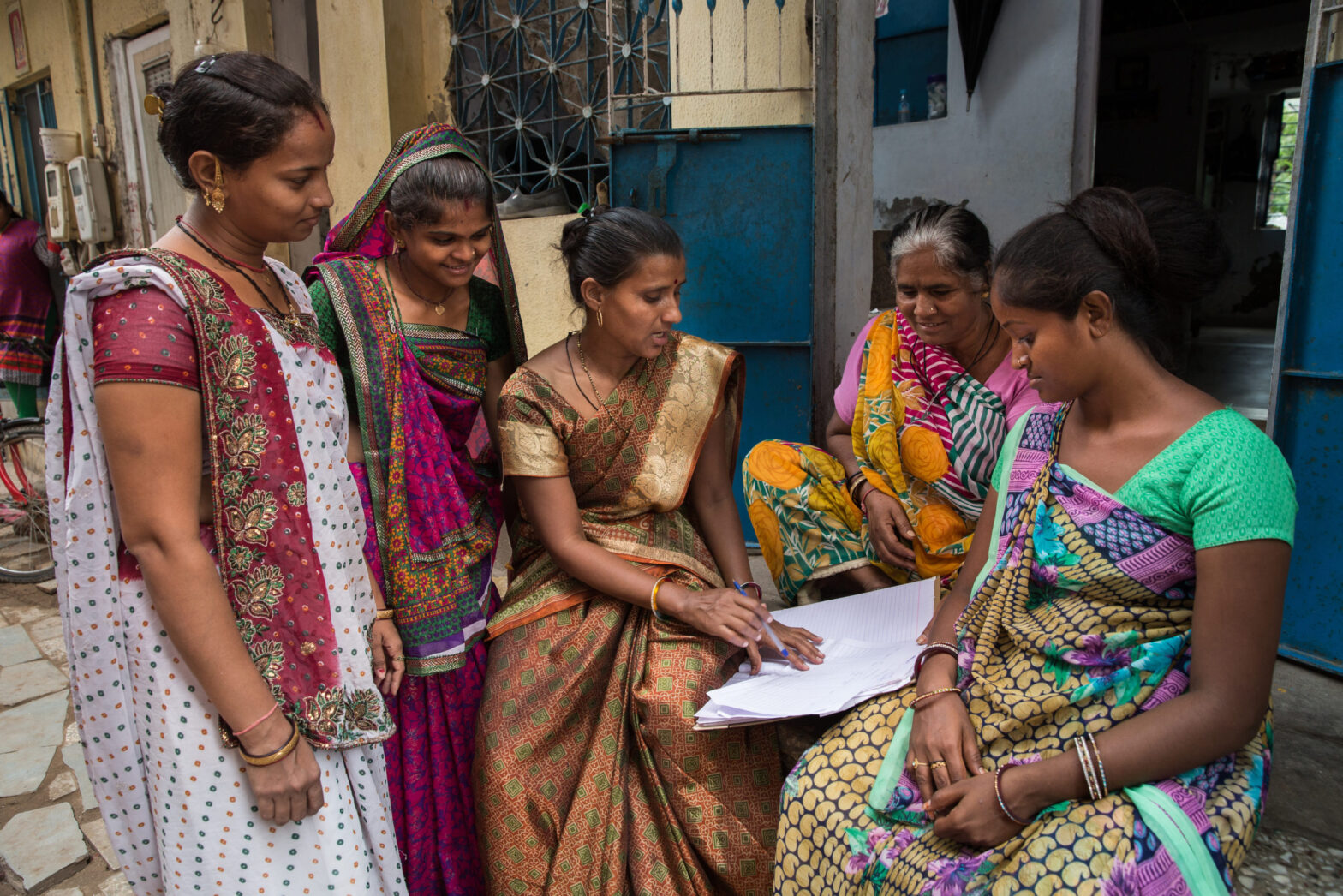FP2030 is based on the principle that all people, no matter how they identify, should have access to a full suite of reproductive health care. Too often in the context of family planning, the LGBTI community is overlooked — sometimes maliciously and sometimes because their needs are misunderstood or ignored. But they are a key population that is at heightened risk of pregnancy, HIV acquisition, gender-based violence, and more.
Category: In the News
Lawmakers call for increasing funding for family planning
Lawmakers on Wednesday agreed to increase funding for family planning programs to help Pakistan achieve a sustainable population growth rate. During a meeting amongst legislators representing major political parties in a dialogue also agreed that funds were necessary to initiate subsidised and free services through voucher programs to improve access of poor and marginalised populations and… Continue reading Lawmakers call for increasing funding for family planning
FP2030 arrives in Latin America and the Caribbean
After eight years of work in Africa and Asia, FP2030 has arrived in Latin America and the Caribbean (LAC), and it is here to stay. Why wasn’t FP2020 more present in the LAC region, and what has changed now? Several exciting shifts have led to this moment. Almost exactly ten years ago, in July 2012,… Continue reading FP2030 arrives in Latin America and the Caribbean
Family Planning in Compounding Crises: How One Provider is Working with Young People in Haiti
Marie Denise Jennyfer Isemai is a 29-year-old midwife with extensive experience in adolescent youth sexual and reproductive health (AYSRH) in Haiti. She’s affiliated with The International Youth Alliance for Family Planning (IYAFP) and is also the country’s Youth Focal Point with FP2030. Jennyfer has been at the forefront of AYSRH in Haiti since 2018. … Continue reading Family Planning in Compounding Crises: How One Provider is Working with Young People in Haiti
Interview with Nancy Pego, Ministry of Health and Medical Services, RMNCAH Programme Manager, Solomon Islands
Vienna: Thank you for taking the time to speak with me today. Can you please tell me about yourself and your role? Nancy: Yes, my name is Nancy Pego. By profession, I’m a registered nurse midwife, before I started overseeing these public health programs, under the Reproductive and Child Health Department. Now I’m the program… Continue reading Interview with Nancy Pego, Ministry of Health and Medical Services, RMNCAH Programme Manager, Solomon Islands
First-ever country-level estimates of unintended pregnancy and abortion
New estimates from Guttmacher Institute and WHO indicate major inequities in access to sexual and reproductive health services, including contraceptive and abortion care
Driving Toward Dramatic PPFP Uptake: Pathfinder International’s Uganda Family Planning Activity
Postpartum family planning (PPFP) is an evidence-based program intervention essential for ensuring the health and well-being of mothers and their babies. In Uganda, each year approximately 15% of women of reproductive age have recently given birth and 12% are postpartum but not using a modern method of contraception. This presents a huge opportunity to invest in PPFP, especially in areas where a large proportion of women of reproductive age are postpartum but not using modern contraception.
Put women in charge
If you are a woman in a remote village in Bilaspur, in the largely rural state of Chhattisgarh, chances are you are far removed from a world full of modern options in contraception that allow you to space out babies. You are also taught early in life not to say no and to accept the decisions taken on your behalf — even if they are about your own health.
Population slowdown is triumph of India’s people
When the Ministry of Health and Family Welfare released the findings of the fifth National Family Health Survey (NFHS), documenting government data on health and family welfare issues, there were a flurry of chest-thumping declarations. Many in the media reported that India’s population had “stabilised” and some even claimed that it had begun “declining”.
Launch of the Uganda Family Planning 2030 Commitments
The government of Uganda announces its FP2030 commitment.






